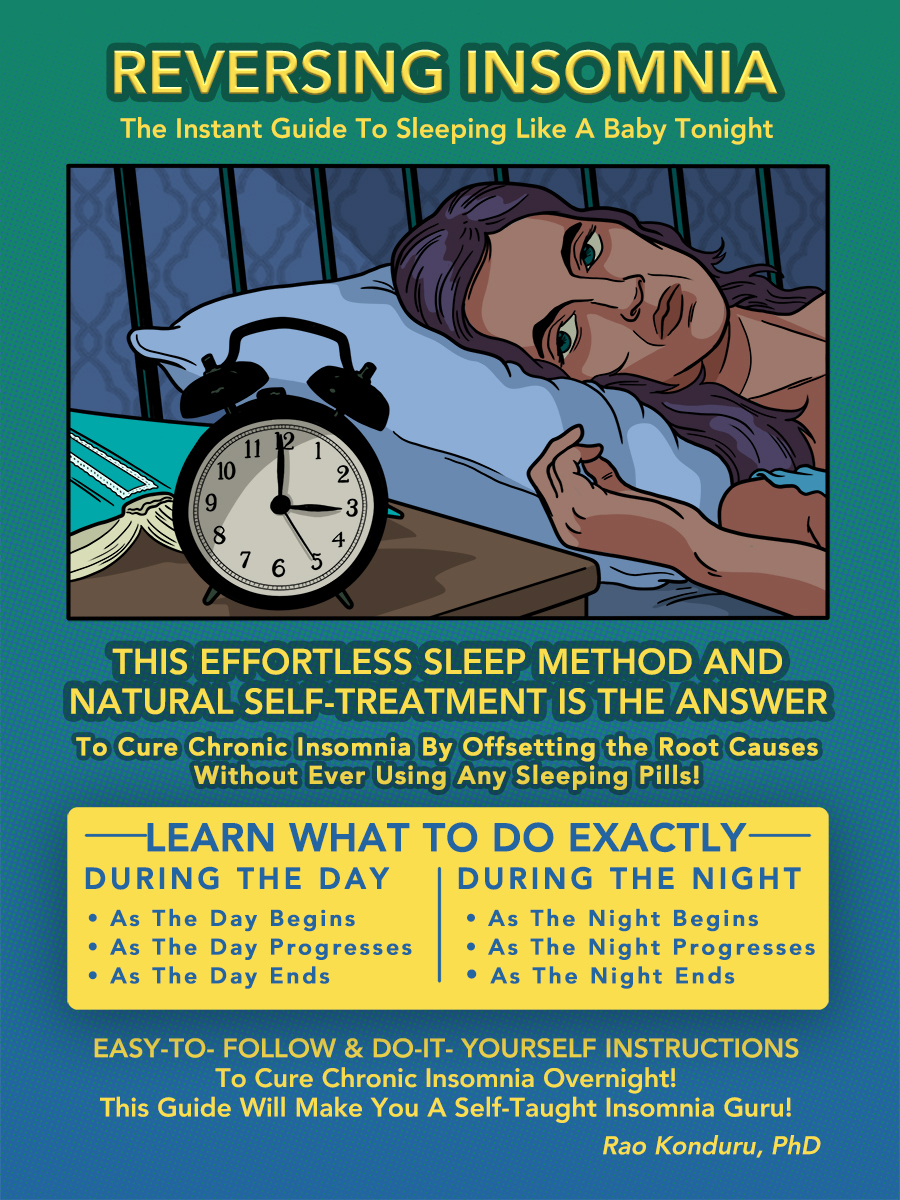
Medical News Today has strict sourcing guidelines and draws only from peer-reviewed studies, academic research institutions, and medical journals and associations. Receive medical attention for any mental health issues, such as anxiety.Try not to nap during the day, even if you feel sleepy.Find something that helps you sleep, such as soothing music or reading.Do breathing and relaxation exercises, especially before sleeping.Exercise regularly, but not within 4 hours of bedtime.Have a healthful, varied diet to boost overall well-being.Īnyone with acid reflux or a cough might benefit from raising their upper body with one or more extra pillows.Īsk a doctor about ways of managing a cough, pain, and any other symptoms that are affecting sleep.Limit caffeine and alcohol intake, especially at night.However, avoid eating a heavy meal within 2–3 hours of going to bed.Have a healthy snack before bed, if necessary. Use blackout blinds or curtains to darken the room.Ensure that the room is a comfortable temperature before bedtime.Keep telephones and other devices outside of the bedroom.Start winding down an hour before bedtime, for example, by taking a bath.Avoid using any device with a screen right before bed.Go to bed and wake up at the same times, establishing a routine.a combination of glucosamine and chondroitinĪ number of remedies and tips can help manage insomnia.angiotensin II receptor-blockers, or ARBs.angiotensin converting enzyme, or ACE, inhibitors.selective serotonin reuptake inhibitor, or SSRI, antidepressants.MedicationsĪccording to the American Association of Retired Persons, the following medications can cause insomnia: Recreational use after lights-out appears to increase the risk of insomnia, for example.

These devices can also harm sleep patterns in adults. Research suggests that using devices with screens before bed can cause a loss of sleep in young people. In people with Alzheimer’s disease, changes in the brain disrupt or change sleeping patterns.Īlso, some people have a rare genetic disorder called fatal familial insomnia, which prevents sleep and can be life threatening. During menopause, for example, hormonal changes can lead to night sweats, which can interrupt sleep. Often, symptoms of another health issue or natural transition cause difficulty sleeping. chronic obstructive pulmonary disease, known as COPD.gastrointestinal reflux disease, commonly called GERD.Some other health conditions that can limit sleep include: In some people, stress or a mental health issue is responsible for insomnia. using recreational drugs, such as cocaine or ecstasy.caring for someone in the house, if it disrupts sleep.the room being too hot, cold, or noisy, or the bed being uncomfortable.



 0 kommentar(er)
0 kommentar(er)
